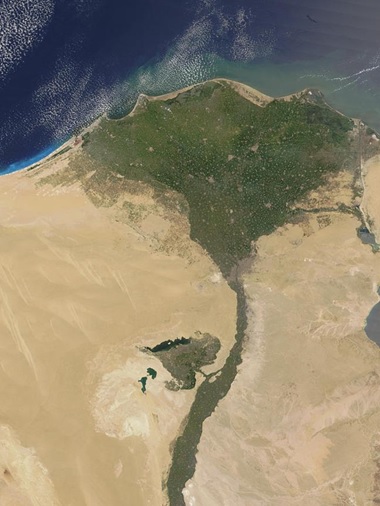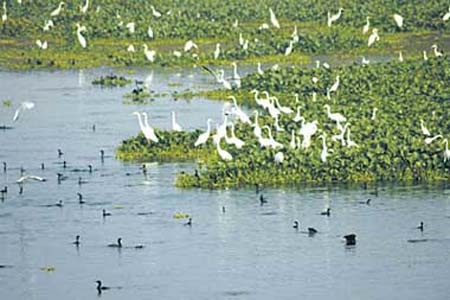Why are floodplains important? A guide for developers.
It’s an uneasy balance – finding land for much-needed new housing while allowing nature to do what it has always done, to our advantage. Some say that with careful planning and adequate flood defences developing floodplains is safe and helps the economy. For others, floodplains should be ‘no go’ areas. So why are floodplains important? A guide for developers:
- Agriculture – The sediment left behind on floodplains after a flood can bring remarkable fertility. Floodplains around the Nile in Egypt are some of the most fertile land in the world.

- Flood protection – Floodplains provide a buffer space between a river and inhabited areas at risk of flood. When water rises above the banks, the speed of flow reduces as it spreads out across the floodplain, and the overall peak of the water is lower. This can limit the destructive impact of floods and take pressure off man-made flood defences.
- Recharging water resources – Water lying in floodplains seeps into aquifers more easily than water in streams. Freshwater in aquifers provides much of the world with drinking water and is vital for agriculture. Flooding can also replenish other man-made and natural sources of freshwater, such as reservoirs, dams and lakes.
- Maintaining water quality – Floodplains can act as a filter for nutrients and impurities. They can also reduce the amount of sediment in underground water sources. Water may be polluted by pesticides and herbicides and waste products from agriculture, factories and housing. Floods can dilute these harmful substances. This can reduce the costs of drinking water purification and promote healthy wildlife.
- Marshland and biodiversity – Natural wetland vegetation and forests can hold riverbanks in shape and slow floodwater movement. Marshlands in floodplains provide habitats and breeding grounds for a plethora of bird and fish, including endangered species.

- Boosting the local economy – Floodplains support many leisure activities such as fishing, birdwatching, walking and trekking. Marshland is valued by the tourism industry, and can boost the local economy.
If appropriate measures are taken, building on floodplains can be both sustainable and profitable. It’s important to carry out a Flood Fisk Assessment at an early stage on any new project, to ensure any sites potential is maximised in a sustainable manner. This will provide solutions for developers and land and property professionals, whilst still ensuring that we reap the benefits that healthy floodplains can bring.